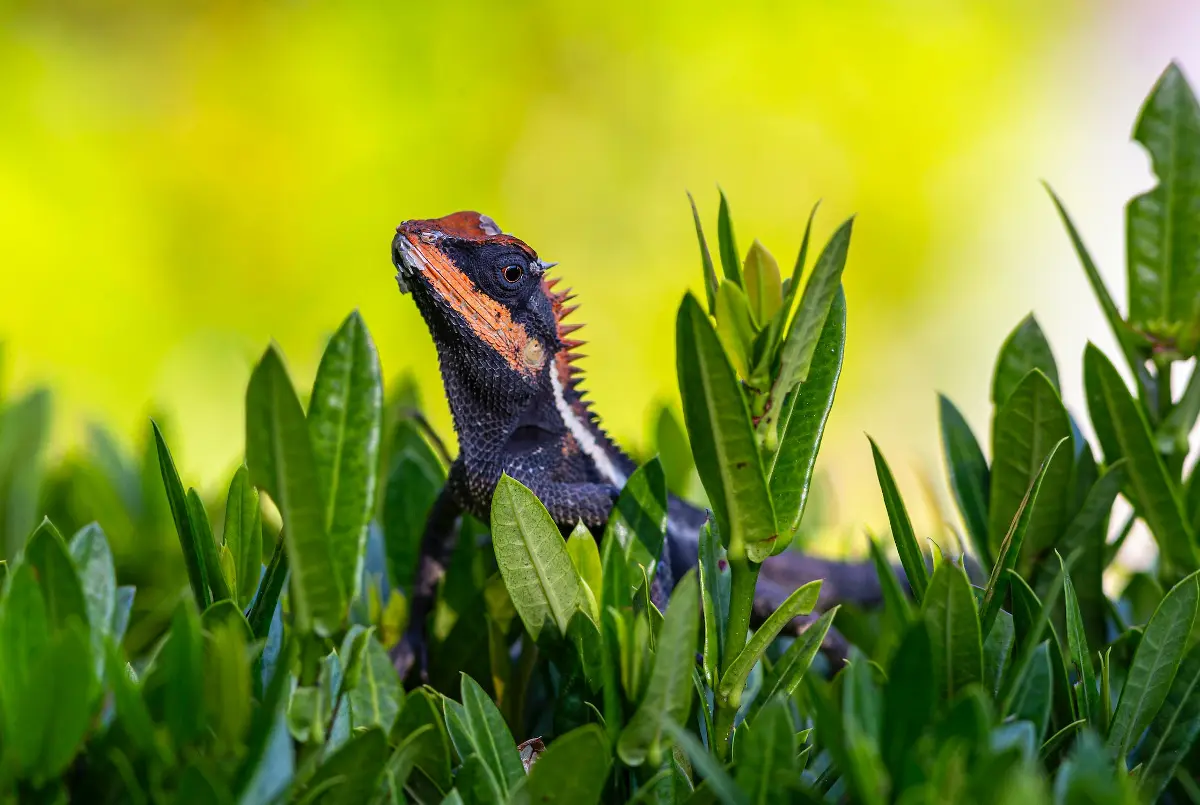Separation anxiety in bearded dragons is a remarkable phenomenon that is often overlooked but deserves our attention. Despite their scaly appearances, these distinctive and low-maintenance reptiles from Australia can form strong bonds with their owners, much like cats and dogs.
Many reptile enthusiasts have experienced the pleasure of bonding with their bearded dragons, but when faced with prolonged separation or an absence of human interaction, bearded dragons can experience stress and anxiety, impacting their overall health and well-being.
As we spend more time with our bearded friends, understanding this issue is essential for providing the best care possible to our awesome companions.
Understanding Separation Anxiety in Bearded Dragons
Anxiety, as a complex emotion, is not commonly attributed to reptiles. Nonetheless, it’s worth considering whether or not bearded dragons may experience some degree of stress or discomfort as a result of separation from their trusted human companions.
It is important to note that separation anxiety remains a debated and unconfirmed phenomenon in bearded dragons, but understanding specific behavioral cues is important in promoting the overall health and happiness of your bearded dragon.
Possible Signs of Separation Anxiety
Although there’s no definitive answer to whether bearded dragons suffer from separation anxiety, certain behaviors might suggest stress or discomfort when they’re left alone for extended periods:
- Change in appetite: One of the primary indicators of stress in bearded dragons is a change in appetite. They may eat less or refuse to eat entirely when subjected to stress.
- Resisting interaction: Bearded dragons are known for their friendly demeanor, often enjoying interaction with their owners. If your beardie resists handling or interaction, this may be a sign of elevated stress levels.
- Irregular behavior: Unusual or erratic behaviors, such as relentless pacing, digging, glass surfing, or abnormal sleeping patterns, might indicate your bearded dragon is upset or stressed.
- Weight Loss: Continuous anxiety might lead to substantial weight loss owing to stress and reduced food intake over time.
- Increased stress: Bearded dragons may exhibit signs of stress, such as darkening their coloration, pacing their enclosure, or displaying the “stress marks” (vertical lines) on their stomachs.
While these signs are not inherently indicative of separation anxiety, they may suggest underlying stress or discomfort that needs to be addressed.
Causes of Separation Anxiety
Separation anxiety in bearded dragons could result from a variety of factors, including:
- Boredom: Bearded dragons need mental stimulation, and a lack of interaction with their owner or a monotonous living environment can contribute to anxiety.
- Lack of routine: Reptiles often become accustomed to a routine, and disruptions to that routine might lead to stress and anxiety.
- Sudden changes: Any major change in their environment, such as moving to a new home, can cause anxiety in bearded dragons.
- Poor socialization: If a bearded dragon isn’t provided with enough social interaction and human contact when they’re young, they may become more prone to separation anxiety later on.
Addressing Separation Anxiety or Signs of Stress
Let’s explore some potential strategies to alleviate stress when you have to leave your bearded dragon alone:
- Improve their living environment: A comfortable, clean, and well-maintained enclosure is vital for the well-being of your bearded dragon. Ensure that appropriate temperature levels and lighting are maintained. Additionally, providing hiding spaces and climbing structures can help them feel secure and at ease.
- Gradual habituation: If you suspect your bearded dragon may not be comfortable with lengthy absences from their caretaker, try to gradually increase your time apart. This will allow them to adjust to your schedule and learn to cope with brief and extended periods of separation.
- Stimulating toys: Interactive toys can help keep your bearded dragon engaged and entertained in your absence. Offer them a variety of safe and stimulating toys to prevent boredom and help them feel more content when alone.
- Consistent human interaction: Regular handling and interactions not only help strengthen the bond between you and your bearded dragon but also reassures them of your presence. Create a schedule for interactions, ensuring your dragon has consistent contact with you and other family members.
- Use a pet sitter: If you need to be away from home for an extended period, arrange for a friend or pet sitter to spend time with your bearded dragon to help reduce the impact of your absence.
- Monitor their health: Regular veterinary checkups and keeping an eye on your bearded dragon’s health can provide peace of mind. Consult with your veterinarian if you notice any sudden or abnormal behavioral changes.
Engaging in Responsible Bearded Dragon Care
While deciphering whether a bearded dragon truly experiences separation anxiety is a complex endeavor, it’s our responsibility as pet owners to ensure their overall emotional and physical well-being. Being attentive to our pets’ needs and addressing possible stressors helps to maintain their health and happiness.
As bearded dragons each possess their personalities and needs, it’s essential to develop an understanding of your particular pet’s preferences and temperament. Through compassion, patience, and knowledge, we can foster a nurturing and enriching environment for our beloved reptilian friends.
Conclusion
Whether bearded dragons experience separation anxiety remains a topic of discussion among experts and enthusiasts. However, it is imperative to maintain awareness and understanding of your pet’s emotional state and take the necessary steps to ensure they always feel secure and cared for.
